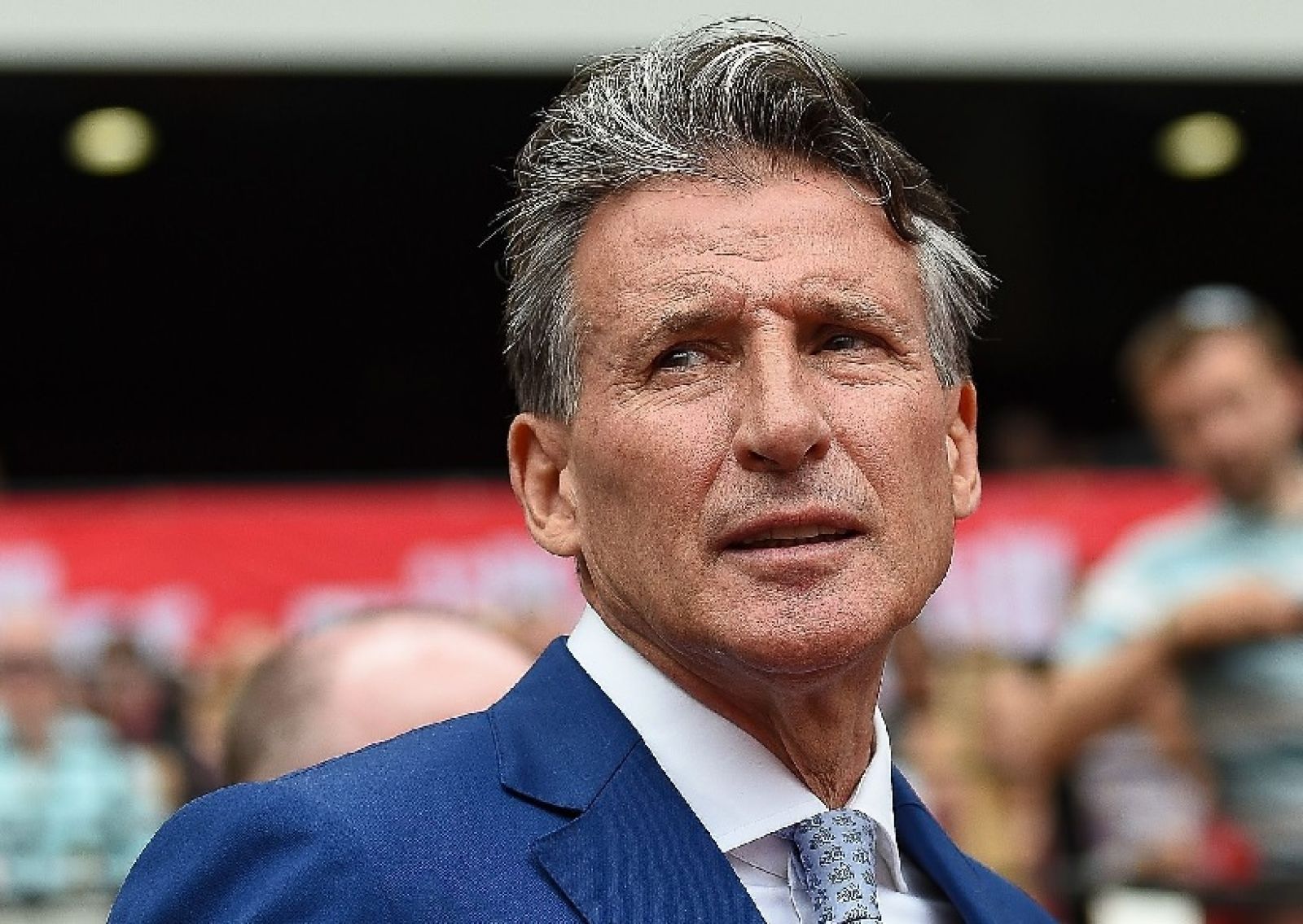
Tags: Sebastian Coe, Track And Field, World Athletics, Artificial Intelligence
World Athletics President Sebastian Coe recently engaged in a dynamic discussion with members of the European Athletics Future Leaders Forum in Apeldoorn, the Netherlands, where he explored the evolving role of artificial intelligence (AI) and innovative strategies to attract new fans to the sport. The conversation, which took place during the European Athletics Indoor Championships, underscored the importance of embracing technology and modern governance to sustain the sport's growth and appeal.
Coe emphasized that sporting organizations must remain adaptable and audience-focused to maintain engagement. “We’ve got to think of our athletes almost as a commercial partner,” he explained. “AI can quintessentially help with an audience-first approach, much like how Formula One and American sports successfully personalize the viewing experience. Engaging with young people and understanding what they want to watch, when, and how, will make athletics more accessible and appealing.”
Artificial intelligence, according to Coe, has the potential to revolutionize several facets of athletics, from talent identification in smaller nations with limited resources to audience engagement and anti-doping measures. “AI can change the landscape for talent discovery, helping federations without large scouting networks identify and nurture promising athletes,” he said. He also noted that the Athletics Integrity Unit is already collaborating with a university in Nice to develop AI-driven data analysis for more predictive and targeted anti-doping testing. “It will turbo-charge intelligence-led testing, allowing us to better allocate resources and identify risks in mass data,” he added.
Beyond AI, Coe spoke on the broader theme of accessibility, inclusion, and governance. He stressed the importance of removing barriers within the sport and creating a clear pathway for young people to remain engaged beyond their competitive years. “We need to articulate what we do better and recognize that it needs to be a professional pathway, particularly for women,” Coe remarked.
A strong advocate for gender equality, Coe reiterated the need for federations to reflect the diversity of the world they operate in. “One of the challenges organizations face is ensuring that young people see them as representative of the world they live in. If they don’t, they move on quickly,” he explained, adding that diversity, inclusion, and accessibility must be at the forefront of athletics’ evolution.
The Future Leaders Forum, which promotes volunteerism and grassroots engagement in athletics, provides a platform for young voices in the sport. Coe acknowledged the significance of such initiatives in shaping future administrators and ensuring sustainability in leadership. “It’s mainly about being listened to, having a seat at the table, and being able to share what we think is the future,” said Lex Damit, chair of the Future Leaders Facilitator Team.
The discussion left no doubt about Coe’s commitment to innovation and progress. As athletics looks toward an increasingly digital future, the integration of AI and enhanced fan engagement strategies will be vital in keeping the sport relevant and growing its global audience. “We’ve got to stop talking about AI and start implementing it,” Coe concluded, signalling a decisive shift towards embracing technology in the years to come.
LATEST STORIES
Sydney McLaughlin-Levrone Gives Jamaica the Thumbs Up After Grand Slam Series Debut
- 2025-04-07 15:44:58
- Hits 530
“The transition is hard”- Nugent opens up about difficult move from college to professional athletics
- 2025-04-08 11:05:11
- Hits 402
SLOC Inc. Invests in Future of St Lucian Sport with Over EC$69,000 in Funding
- 2025-04-07 16:01:05
- Hits 212
“Couldn’t be happier”- Johnson grateful after successful Grand Slam Track debut in Kingston
- 2025-04-08 15:12:49
- Hits 188
Alfred announced as new ambassador for Global Ports Holding
- 2025-04-08 17:13:00
- Hits 132
